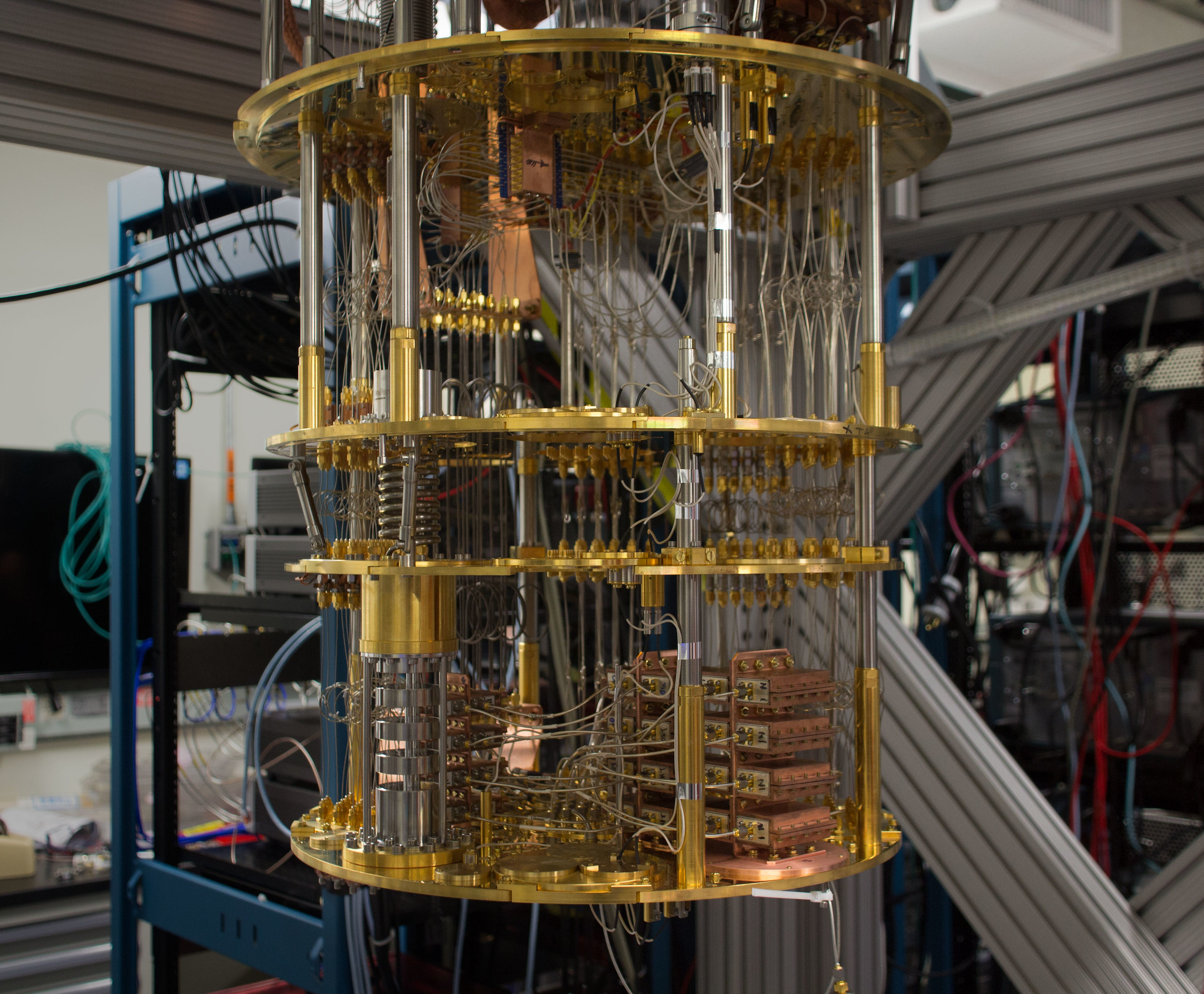Google claimes it has achieved “quantum supremacy”. This would mean that the scientists working for Google on the new generation of computers managed to build a quantum computer. This technology would be able to solve mathematical problems 100 million times faster than standard computers.
Google researchers claim that they performed an experiment where their processor with programmable superconducting qubits was able to run in 200 seconds a computation that they estimated the fastest supercomputer in the world would take 10,000 years to complete.
“Quantum superiority” is the advantage the first to invent quantum computing has over the other actors. Does it mean that Google is able to decrypt Bitcoin’s blockchain? Will the first to build a quantum computer be able to do it?
Ever since Bitcoin came about, quantum computing has been a threat, and many technologists, researchers, and government have been motivated to create software that can defend against attacks from these most powerful computers.
While they are mostly theoretical, it is believed that quantum computers will vastly speed up the time it takes to solve complicated calculations. To explain, calculations that currently take a lifetime to solve could be cracked in seconds with a quantum computer.
Over the summer, Canada’s National Research Council (NRC) got together with the University of Waterloo and launched a research initiative that is to span two years to develop blockchain technology that is quantum computing proof.
Michele Mosca and Srinivasan Keshav, two professors fro the University of Waterloo will be working alongside other highly-qualified personnel in a research bid costing $180,000.
Last December saw U.S. President Donald Trump sign the National Quantum Initiative Act to become law and allocated $1.2 billion for five years of activities. June saw the U.K.’s National Quantum Technologies Programme receive $193 million from the government, meaning that the program has received $1.2 billion since 2014.
The Quantum Resistant Ledger (QRL) Foundation’s Adam Koltun declared:
“A decade ago people said it would take 50 years to get where we are now with quantum computing. Five years ago, they said it would take 25 years to get where we are now. So quantum computing has this nasty habit of exceeding people’s expectations.”
The group and Kolton claim that they have built the 1st blockchain that is resistant to quantum computer attacks.
There are some different ways in which a quantum computer can break a blockchain. Firstly, digital signatures secure blockchain transactions based on ECC – elliptic curve cryptography. ECC is not safe with regards to quantum, however. Theoretically, a powerful quantum computer could decrypt a user’s private key and forge a signature.
This is, of course, the most pertinent issue for the blockchain, especially since mathematicians and researches already know about Shor’s algorithm, a possible algorithm that could break elliptic curve digital signatures.
Because we don’t yet know the potential of quantum computers, it seems like a doltish task to fight their impact.
Keshav’s research team will be looking at tools that promise “quantum-safe cryptography.” This includes multivariate public-key cryptography and lattice-based cryptography. Firstly, researchers will test the Hyperledger Fabric blockchain.
The U.S. National Institue of Standards and Technology (NIST) has hosted a competition for “quantum-resistant, public-key cryptographic algorithms”. To date, there have been more than 80 proposals from academics and researchers.
While the “quantum supremacy” is a theoretical threat to the safety of blockchain solutions, there are not many other threats. Knowing the threat the bitcoin community is actively defending their wealth.
Nevertheless if you invest in cryptocurrency, you should closely monitor the developments of quantum computing.




